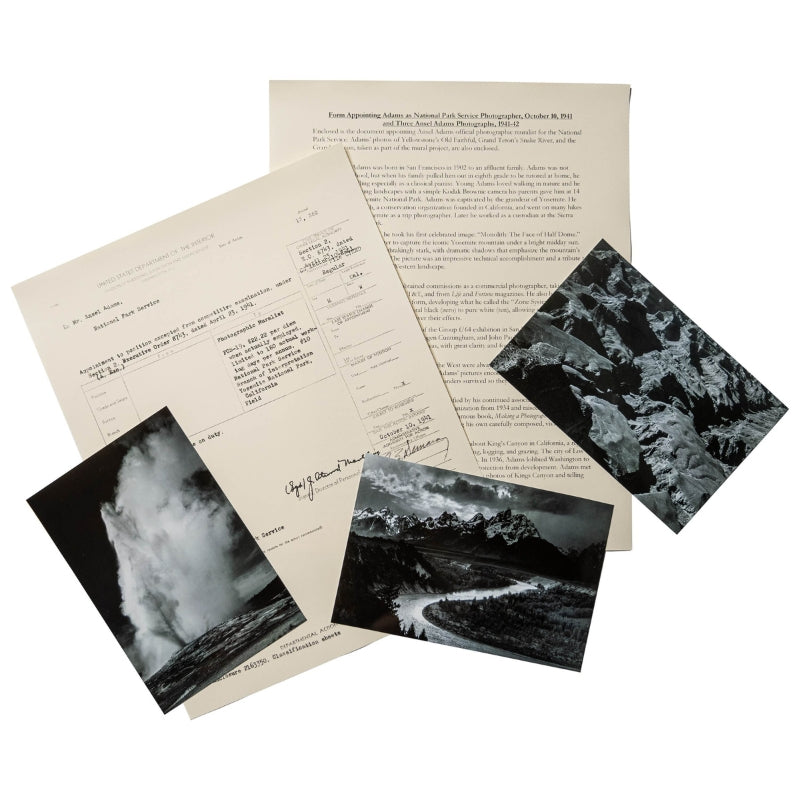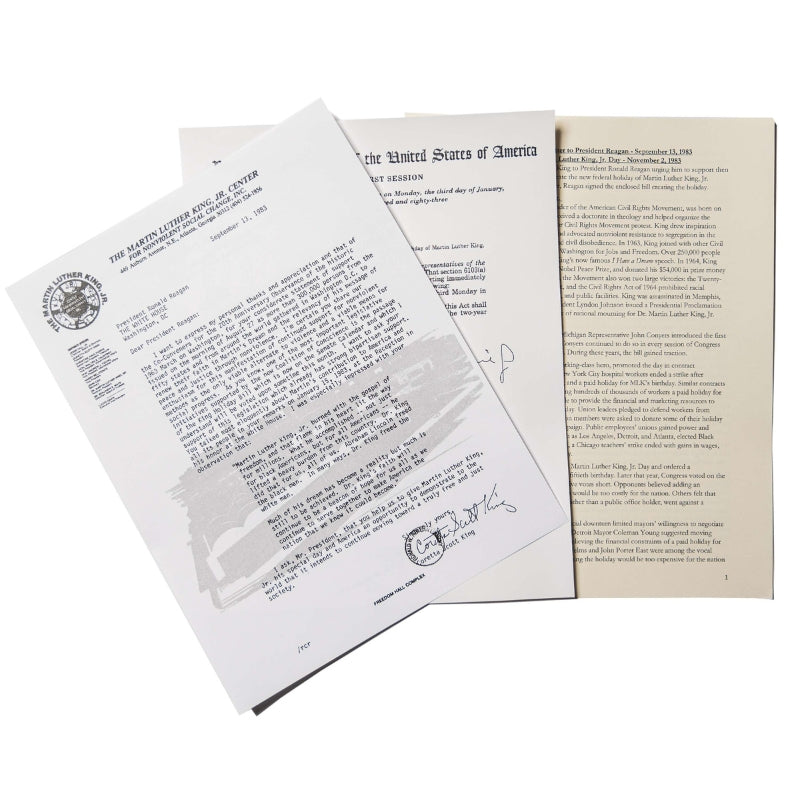Apollo
1) For decades, Neil Armstrong was reported to have said these words as he became the first person to walk on the moon: “That’s one small step for man. One giant leap for mankind.” However, it was later discovered that Armstrong had in fact said, "That's one small step for a man. One giant leap for mankind." What are the implications of the difference between how most of the world heard the quote and what Armstrong intended?
2) Do you think Presidential administrations should have speeches prepared for various disaster scenarios that may occur? If so, what criteria should determine which scenarios should be planned for?
3) How do you feel about the choice of President Nixon's speechwriter to borrow the protocol for a burial at sea for use in the event of stranded astronauts? Do you think this is the appropriate course of action? Why or why not?
4) The moon landing was a major achievement for Americans. At the same time, the event was a major achievement for humankind and was watched on television by millions of people worldwide. Do you think the moon landing was primarily an American achievement or an achievement for humankind? When do you think patriotic actions are good for humanity as a whole, and when do you think they merely advance the cause of a particular nation?
5) Space Theme Question: How did the Apollo missions advanced the boundaries of what was previously thought to be impossible?

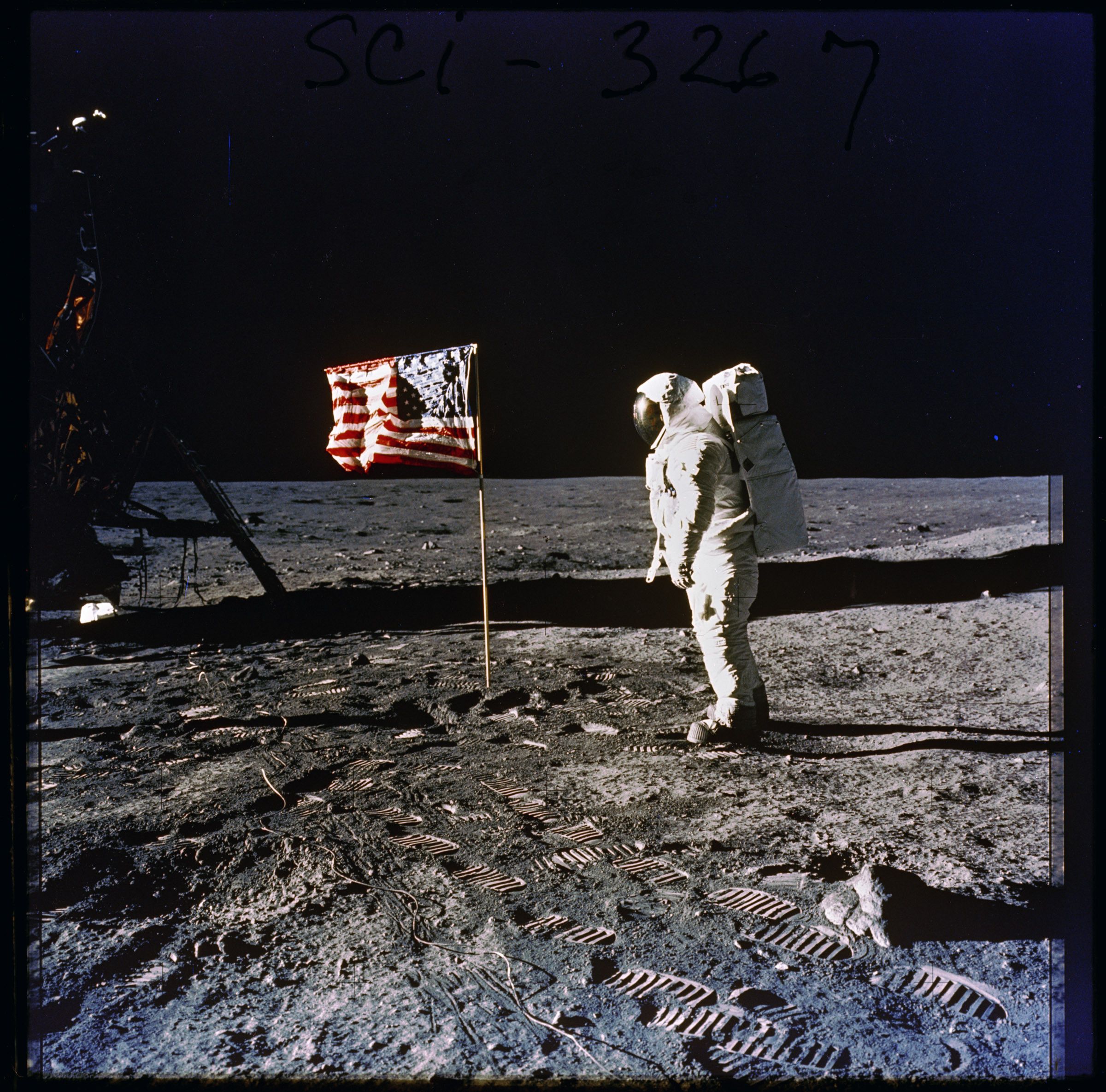
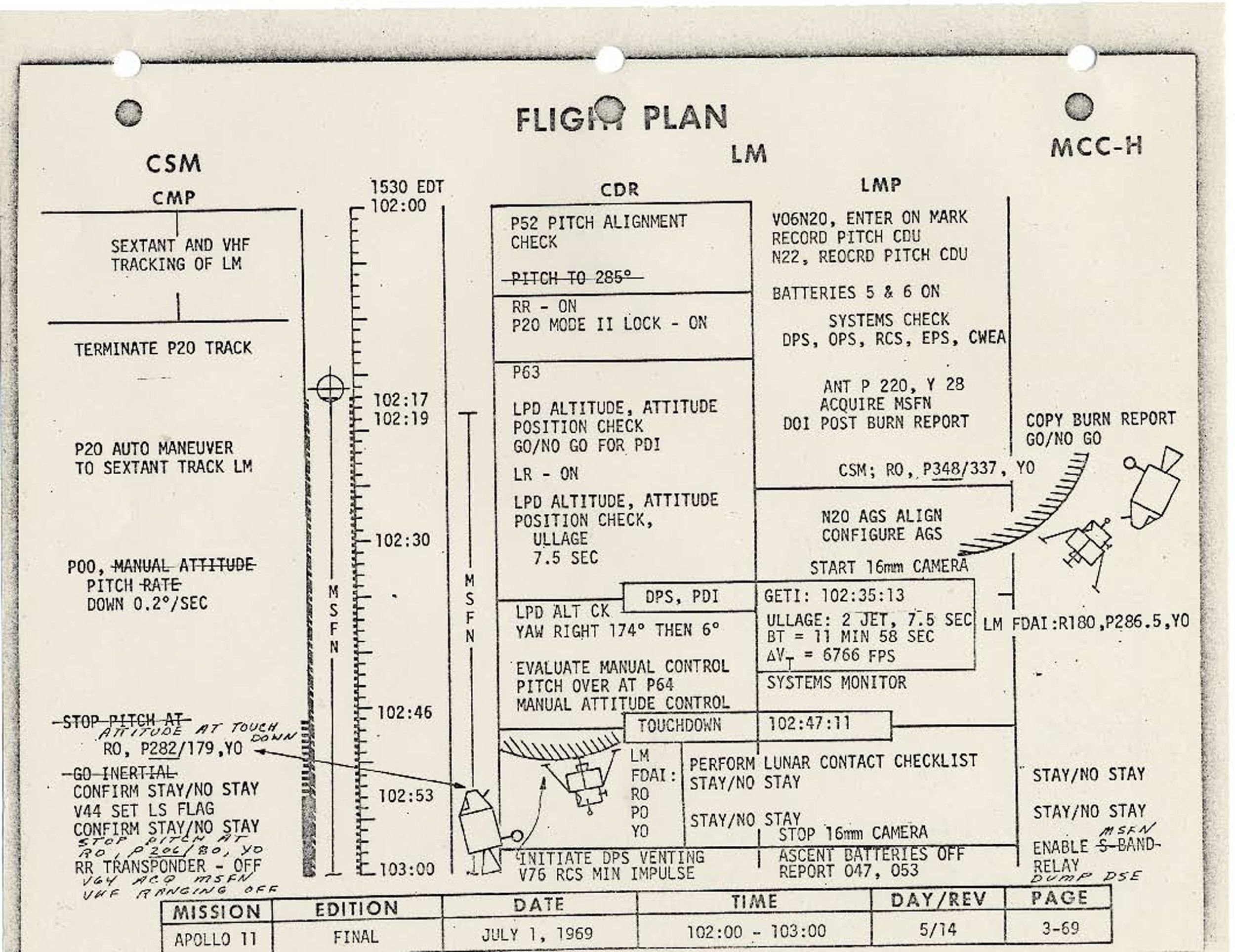
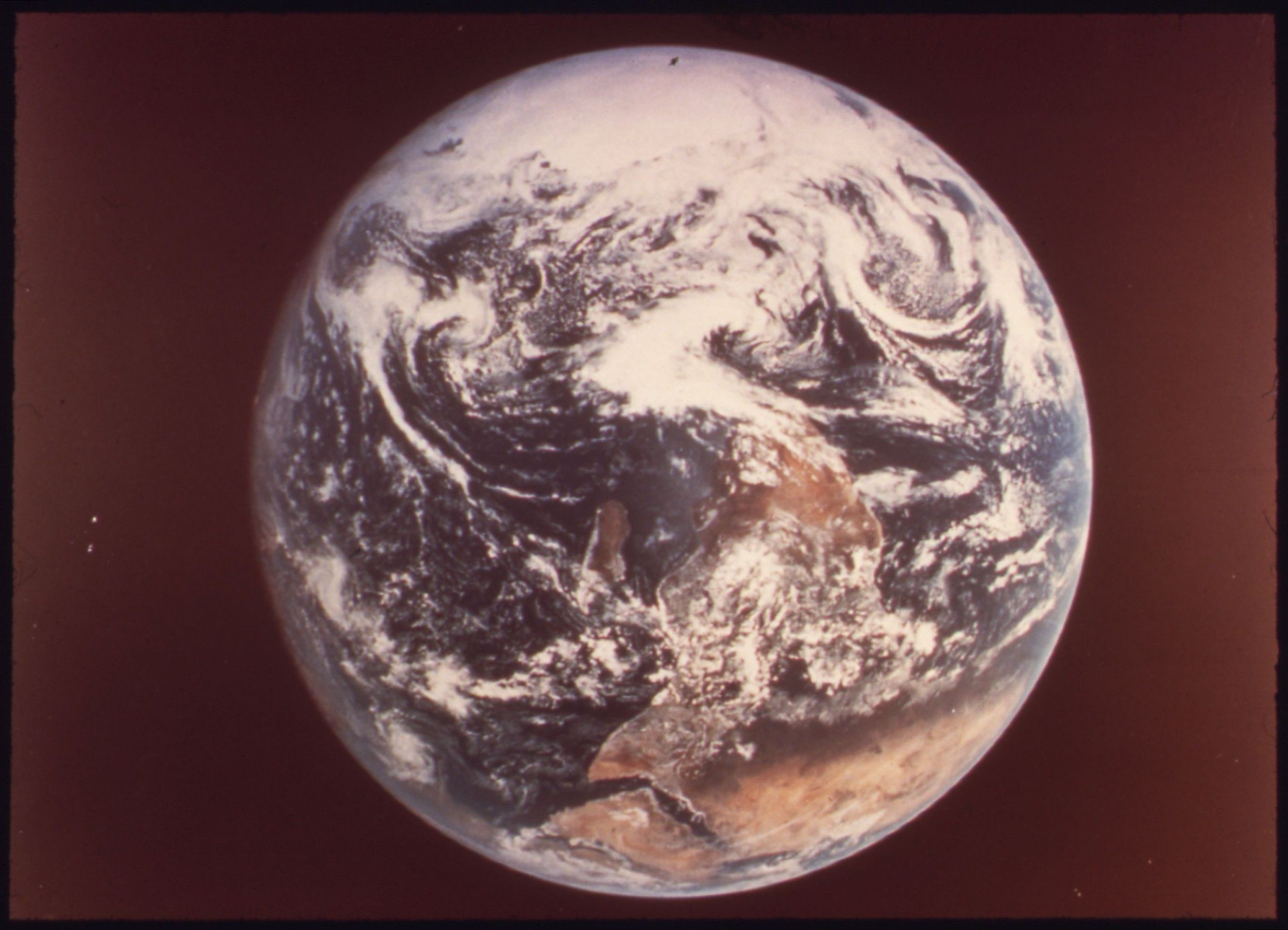
You may also like
National Parks Add-On Subscription
National Parks Add-On Subscription



Free subscription shipping in the US
U.S. Holidays Add-On Subscription
U.S. Holidays Add-On Subscription



Free subscription shipping in the US




